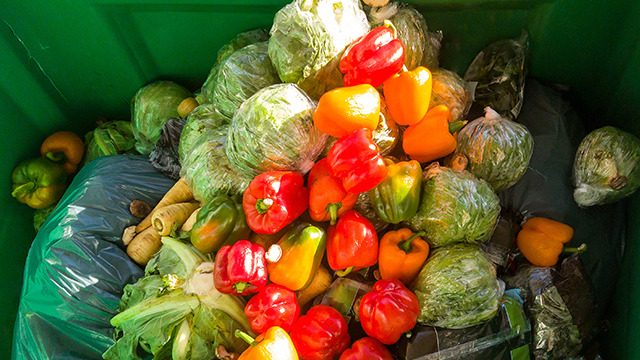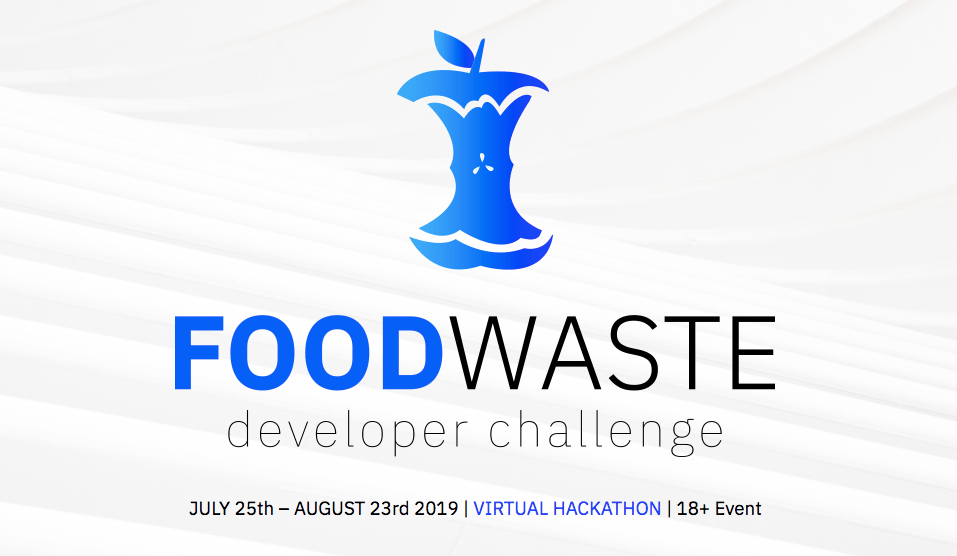SUMMARY
This is AI generated summarization, which may have errors. For context, always refer to the full article.

MANILA, Philippines – A Filipino is part of the winning team in a US hackathon that called upon developers to look for solutions to the problem of food wastage.
Justin Banusing, a Philippine Science High School – Western Visayas alumnus and current sophomore at the University of Washington, is part of FreShip.
Their ideas are built on a simple premise but uses a set of advanced technologies: make smart food shipping containers that would monitor food freshness, and integrate it with an e-commerce platform that makes data available for bidders that can buy and use food that may otherwise go to waste.
With this idea, and using both IBM and open-source technologies, they won the inaugural IBM Food Waste Developer Challenge, IBM announced.
The team bested over 100 other groups in a contest that ran from July 2019 to August 2019.

Through the contest, IBM and partner Angelhack encouraged the use of data as a key to lessening wastage. It said that about 40% of the food in the current chain goes to waste in the US, although the problem is a global one. But If partners in the supply chain can have immediate information regarding a product’s age, origin, or condition, they would be able to optimize distribution with waste reduction in mind, said the company.
What is FreShip?
With FreShip’s solution, food shipping containers will be fitted with technologies that monitor the freshness of food. One of these is IBM Watson machine learning technology, which allows FreShip to analyze photos of food to determine freshness, and provide options for what can be done with the food instead of it being thrown away.
Data sent by the containers is recorded on a blockchain-powered platform where partners can bid on contracts on food that may otherwise go to waste.
“For example, if a supermarket orders bananas and due to shipping delays, the bananas are too ripe for them to sell, instead of them being thrown away, FreShip would allow them to redirect this shipment of bananas to a manufacturer that could use them. This minimizes loss for the supermarket and reduces food waste at the same time, which benefits all parties,” explained IBM.
FreShip estimates it can reduce food waste by up to 70% by 2022.
“By leveraging open technologies like IBM Cloud, blockchain, IoT, and others, the virtual hackathon is an example of how we can help clients find innovative solutions to these problems, whether it comes from within their own company or not,” said Gina Claxton, general manager of the distribution market for US IBM global markets.
FreShip won $3,000 for their efforts, and sponsored exposure from IBM through various channels including a dinner with leaders in the US grocery industry. – Rappler.com
Add a comment
How does this make you feel?
There are no comments yet. Add your comment to start the conversation.